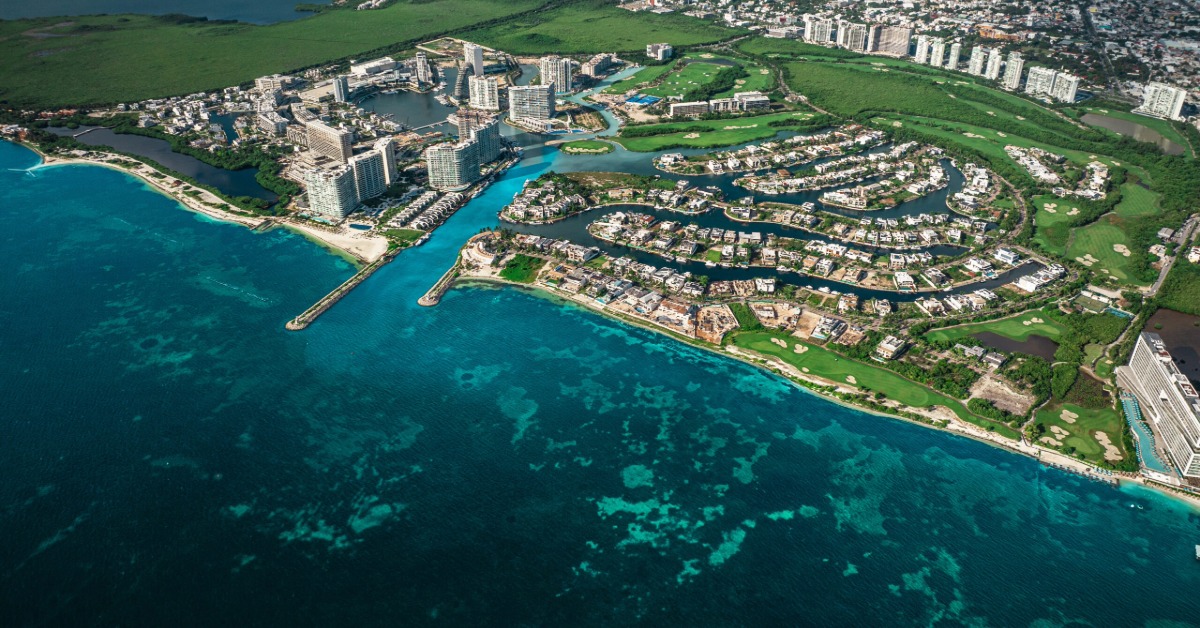What is the first thing that comes to mind when you hear the word “Mexico?" I would be willing to bet it is either illegal immigration, drug violence, or poverty. Maybe Cancun if that’s where you spent your Spring Break. Nonetheless, the fact is that my nation’s reputation in the United States is a negative one. There is a stigma in this country associated with being Mexican. Invariably, there is an underlying assumption that any and all Mexicans are undocumented immigrants. By extension, Mexican-Americans, their descendants, are faced with the same stigma, either by association or because . . .





